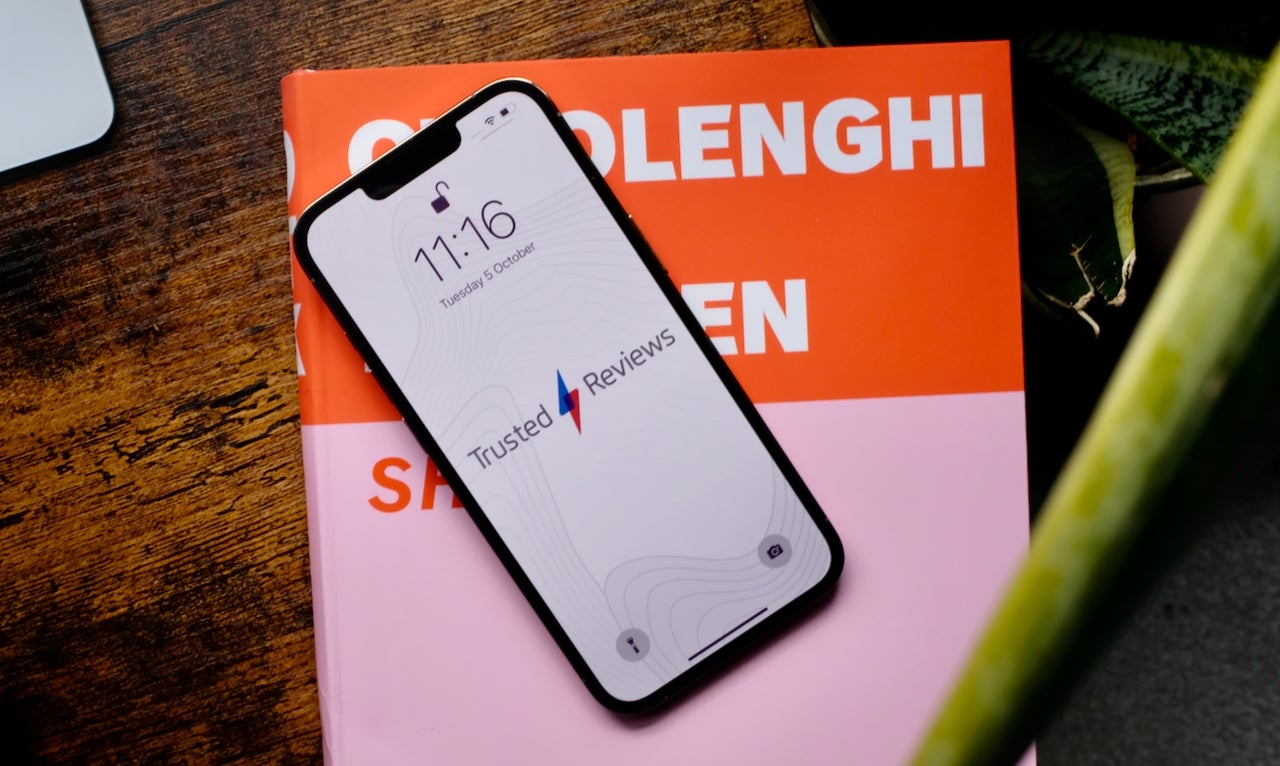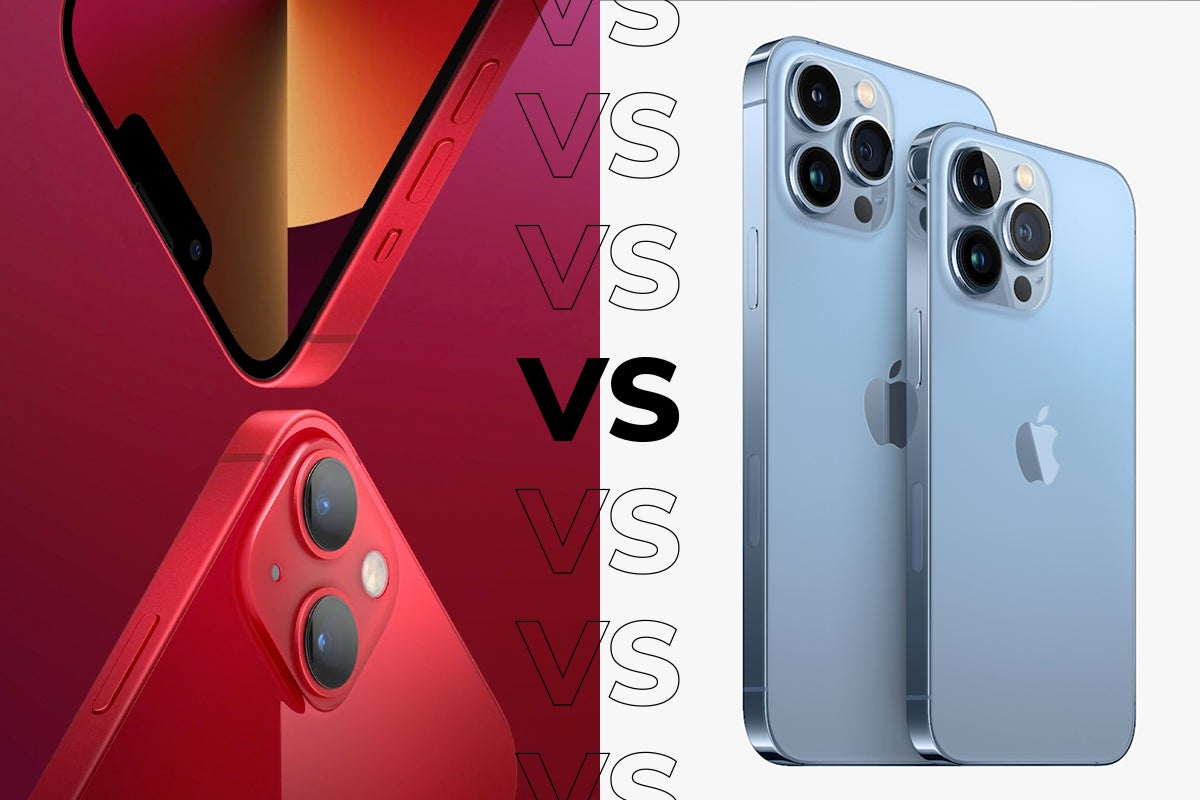With new appeal, Apple says not so fast on App Store payment changes

Apple is seeking to prevent a court ruling – which compels it to allow competing in-app purchase methods onto the App Store – from coming into effect.
The verdict in the bitter Apple vs Epic legal battle largely came down in favour of Apple, save for one important point.
Once the decision is realised, developers would be able to point gamers to an alternate way to make the purchase, which is currently prohibited under App Store guidelines and resulted the kick-off with the Fortnite developer in the first place.
Now Apple has appealed the California court’s decision and requested a stay on the injunction which, at the very least, could delay the order becoming applicable.
Should the stay be granted, it is possible the new rules will not come into effect until all of Apple’s potential legal avenues have been explored. That could be years from now.
In documents filed to the court, Apple writes: “Apple asks the Court to suspend the requirements of its injunction until the appeals filed by both Epic and Apple have been resolved. The company understands and respects the Court’s concerns regarding communications between developers and consumers. Apple is carefully working through many complex issues across a global landscape, seeking to enhance information flow while protecting both the efficient functioning of the App Store and the security and privacy of Apple’s customers. Striking the right balance may solve the Court’s concerns making the injunction (and perhaps even Apple’s appeal itself) unnecessary. A stay is warranted in these circumstances.”
Epic already fears that Fortnite may not be able to return to the App Store for years as Apple is refusing to restore its developer account until it has exhausted the appeals process.
Epic is also appealing the verdict, which also required it to pay damages to Apple. Epic is also upset that the judge in the case rejected the notion that Apple is not a monopoly.
“The evidence does suggest that Apple is near the precipice of substantial market power, or monopoly power, with its considerable market share,” Judge Rogers wrote.





